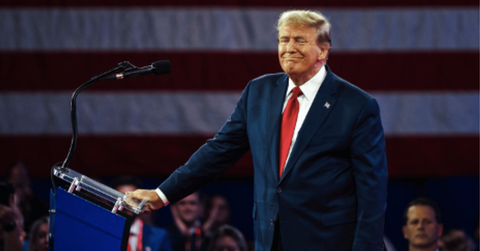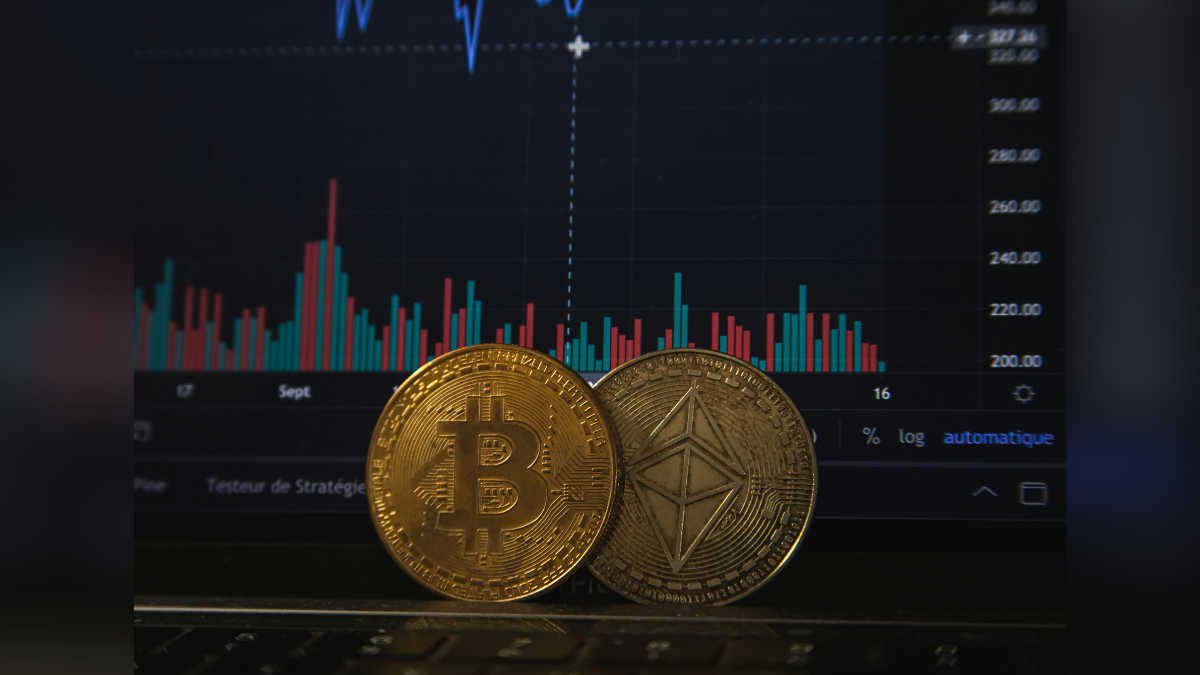Polls and Betting Odds Miss the Mark as Trump Secures Unexpected Victory

Trump was previously convicted on 34 counts of falsifying business records to hide a hush money payment.
Nov. 18 2024, Published 3:00 a.m. ET
Donald Trump successfully defeated Kamala Harris in last month's presidential race, clinching the title once again. Despite numerous traditional opinion polls predicting a tight race, the outcome was quite the opposite, with Trump securing a landslide victory. On the other hand, gambling platforms like Polymarket and Kalshi had been forecasting a strong Trump win, with some platforms even giving him a staggering 90-93% chance of reclaiming the White House.
Now that you've done your duty and cast your vote, perhaps even considered signing up at NoDepositRewards - where there are many betting platforms to choose from - what's done is done. Plus, much like the election result, it boils down to luck, so why not have fun with it if you can't control the outcome? Particularly if there’s a chance you might win big if you use your USA no deposit bonus codes wisely!
Irrespective of whether you’re part of MAGA or not, the reality is, the polls and betting odds most certainly didn’t get it right this time round. Let’s take a look at how they missed the mark.
What Went Wrong?
Betting on U.S. presidential election outcomes is nothing new, with its origins tracing back to the early 20th century. Even without the benefit of modern scientific polling, betting markets were surprisingly accurate. A study of 15 elections between 1884 and 1940 found that the candidate with the best odds in mid-October won 11 times.
In recent years, predictive markets have undeniably impacted election forecasting. When large numbers of people wager money, their collective wisdom often produces more accurate outcomes than individual experts. Even if individual participants aren’t well-informed, the risk of losing money encourages more careful predictions. This dynamic led groups to place hundreds of millions in bets backing Trump, driving markets to favor his win.
One particular bettor, a so-called French “whale” made headlines for investing $30 million in Trump shares on Polymarket, raising serious concerns about the reliability of these platforms. This high-stakes bettor reportedly managed four separate accounts, placing substantial wagers on Trump to win both the Electoral College and the popular vote, alongside bets on Republican candidates in swing states. According to Polymarket, the man known as Théo ultimately netted $48 million in profits from these bets.
This situation has sparked worries that a single wealthy player could manipulate the market, casting doubt on whether these platforms can truly provide unbiased predictions free from substantial external influence.
Social Media Influence
Social media has dramatically reshaped the dynamics and potential outcomes of U.S. elections as more data and engagement analytics come into play. Predictive models increasingly rely on social media metrics—tracking comments, post engagement, and reach—particularly in swing states, rather than traditional polling data. These models interpret social media "vibes" as a barometer for candidate favorability. However, this approach has a critical limitation: social media environments are not impartial, and platforms exert significant influence over what information is seen and shared.
Testing these new models against prior elections provides some validation; for instance, when analysts used social media data from 2020, the models accurately predicted Biden’s victory. Yet, when the same models analyze current social media trends, they now show Trump leading by a substantial margin. The massive wagers placed by some investors suggest confidence in these models, but there is a flaw: the broader social media landscape has fundamentally changed since 2020.
In the previous election, platforms like Twitter and Facebook were accused of selectively suppressing certain content that could have negatively impacted Biden, such as information about Hunter Biden's laptop and critiques of COVID-19 policies. This raised concerns about potential bias, especially regarding Republican viewpoints. However, since Elon Musk’s acquisition of Twitter (now X) in 2022, the platform has adopted a stronger free-speech stance. Additionally, revelations about Facebook’s handling of politically sensitive information have led to increased scrutiny.
Election Betting Concerns

Election betting fundamentally shifts the democratic process from a civic duty to an arena of financial speculation, where principles risk being overshadowed by profit motives. Senator Merkley, a vocal opponent of election betting, has introduced legislation to outlaw the practice, arguing that it corrupts elections by turning them into markets for personal gain.
Allowing election betting presents serious risks to the integrity of democracy. With large sums at stake, these markets become vulnerable to manipulation and misinformation. Although some proponents argue that election betting markets promote transparency by aggregating collective expectations, this perspective often overlooks the moral and ethical concerns involved in commodifying the electoral process.


